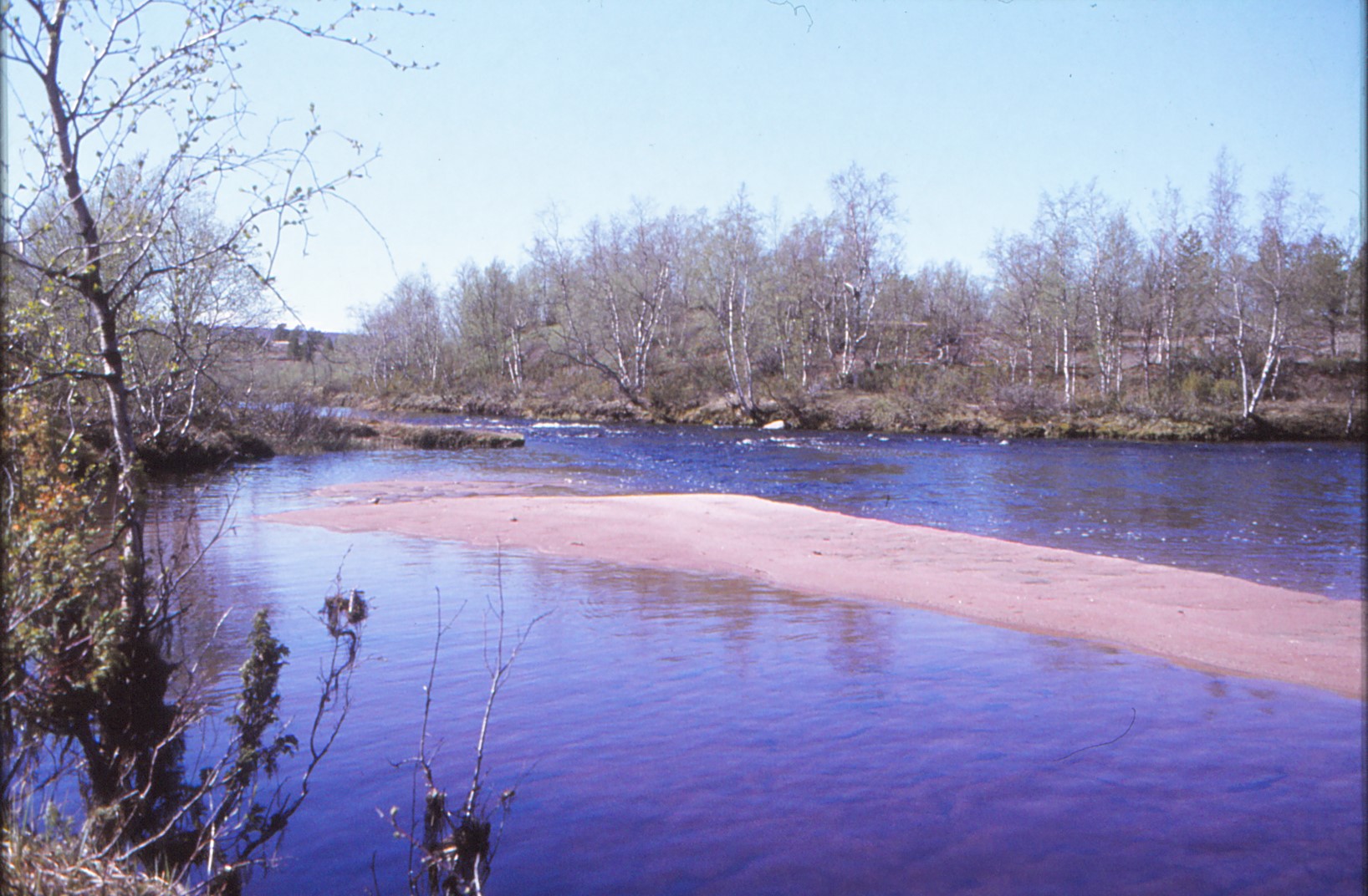After the coronavirus: back to the old ways or a new beginning?Perjantai 3.4.2020 klo 15.19 - Mikko Nikinmaa One of the very few positive things that have happened in recent months is how the air quality throughout the world has improved. Naturally the reason for that has been the Coronavirus pandemic, which has decreased traffic and industrial activity, whereby energy production using fossil fuels has markedly decreased. Since it is estimated that about 20000 people per day die as a consequence of air pollution, the decrease saves many human lives, so that the net effect of Covid-19 pandemic is not as devastating as solely the disease mortalities indicate. However, some day the pandemic is over, and then the “forced” improvement of air quality and climate change-mitigating actions are also over. Then there are two alternatives: we can either return to the old ways or try to shape our actions towards sustainable future. Earlier, the crises have virtually always been followed by increased economic activity as compared the situation before the crisis. If we choose this path, the improvement of air quality just lasts for a fleeting moment. Traffic using fossil fuels increases above last year’s level and fossil fuel-based energy production (using both oil and coal) increases. As a consequence, death bells chime to more than 7000000 people per year because of air pollution and climate change accelerates. Alternatively, we may want to retain the improvements of air quality and choose a more sustainable future. In the best case, the era of coal and oil comes to the end sooner than expected. The price of raw oil is presently at all time low. If the political leaders are rational, they start collecting so high taxes on oil products that their consumer prices do not decrease, and use taxes collected in this way to compensate for economic losses incurred during the Coronavirus pandemic. Since the low oil price would then not give an incentive for using oil as a fuel, the direction towards fossil fuel-free energy production would continue without slowing down. It could also be speeded up by giving t The surprisingly smooth conversion to distant working has given us a couple of things by which we can decrease both work traffic and air traffic. Distant working can be utilized much more and in many more jobs than previously thought. All the days at home decrease fuel consumption: both saving the employee’s costs and decreasing carbon dioxide emissions (and decreasing oil industry’s profits, which is a good thing). Also, many international meetings can be arranged without gathering people to one place. This decreases air travel, and both saves employer’s expenses and combats climate change. Note that although much of the work can be done from home and many meetings can be held as video conferences, it is imperative that social contacts be maintained both at working places and at international communities. Thus, in both cases, personal contacts must not be abolished, only reduced. Although reducing traffic and increasing fossil-free energy production are only small steps in our way to sustainable society, the steps could be taken when we are going forward from Covid-19 pandemic.
|
|
Avainsanat: air pollution, climate change, fossil fuels |

 ax breaks or bonus funds to communities and companies, which increase their energy use without fossil fuels. This could be done without increasing the money based on energy production, as the funds could be taken from subsidies to fossil fuels, which can currently be estimated to be more than 500 billion € or $ per year worldwide.
ax breaks or bonus funds to communities and companies, which increase their energy use without fossil fuels. This could be done without increasing the money based on energy production, as the funds could be taken from subsidies to fossil fuels, which can currently be estimated to be more than 500 billion € or $ per year worldwide.